David Cameron urges Sri Lanka to do more on human rights
- Published
David Cameron: "It means credible, transparent and independent investigations into alleged war crimes"
David Cameron has urged Sri Lanka's president to go further and faster over human rights issues and reconciliation following the country's civil war.
The prime minister met Mahinda Rajapaksa after a visit to the northern Jaffna region to see the situation facing the country's Tamil minority.
Mr Cameron said he called on him to set up an independent inquiry into alleged war crimes - or face a UN probe.
He said strong views had been expressed but the meeting had been worthwhile.
'Right pathway'
Mr Cameron was speaking at a news conference in the capital Colombo, ahead of the Commonwealth summit in Sri Lanka.
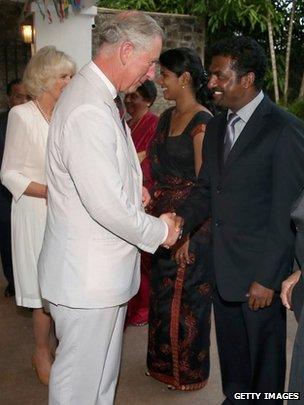
Sri Lankan cricket legend Muttiah Muralitharan met the Prince of Wales who is representing the Queen
He said: "I accept it takes time but I think what matters is getting on the right pathway, getting on the right track, because it's only through generosity, through reconciling people that you can make the most of this country.
"So, a frank meeting - of course not everything I said was accepted but I sense that they do want to make progress on these issues and it will help frankly by having international pressure in order to make sure that that happens."
Mr Cameron met world famous Sri Lankan cricketer Muttiah Muralitharan, a Tamil who works for reconciliation in his country.
Spin bowler "Murali" backed the prime minister's decision to travel to Sri Lanka but said he had been misled about the situation in the country.
Murali told journalists: "He must have been misled by other people. People speak without going and seeing the things there. I go on and off. I see from my eyes there is improvement.
"I can't say the prime minister is wrong or not. He hasn't seen the site, he hasn't gone and visited these places - yesterday only."
BBC political editor Nick Robinson, in Colombo, said it was clearly a tense and difficult meeting between the prime minister and Sri Lanka's president.
Meeting boycott
Our correspondent added that Mr Cameron said he would push the UN to set up an independent inquiry at the next meeting of its human rights council in March.
Earlier, Mr Cameron travelled to the Tamil-dominated north of the country - the first international leader to do so since Sri Lankan independence in 1948.
At one point, the PM's convoy was surrounded by more than 200 protesters holding pictures of loved ones who they claim were killed by the Sri Lankan armed forces or have disappeared.
Mr Cameron said the visit - in which he also toured a temporary refugee camp and a newspaper office whose printing presses had been burned - had "drawn attention to the plight" of the Tamil minority in the country.
Mr Rajapaksa has said the end of the war has brought peace, stability and the chance of greater prosperity to Sri Lanka.
The Tamils' treatment at the end of the civil war in 2009 has dominated the run-up to the the Commonwealth Heads of Government Meeting (Chogm), taking place in Colombo.
The prime ministers of Canada, India and Mauritius are staying away from the summit in protest over the allegations.
- Published15 November 2013
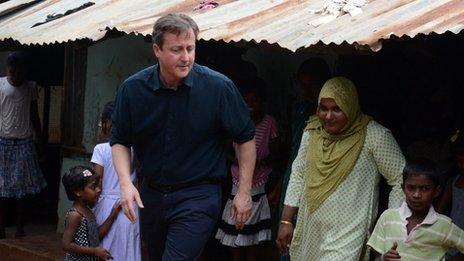
- Published15 November 2013
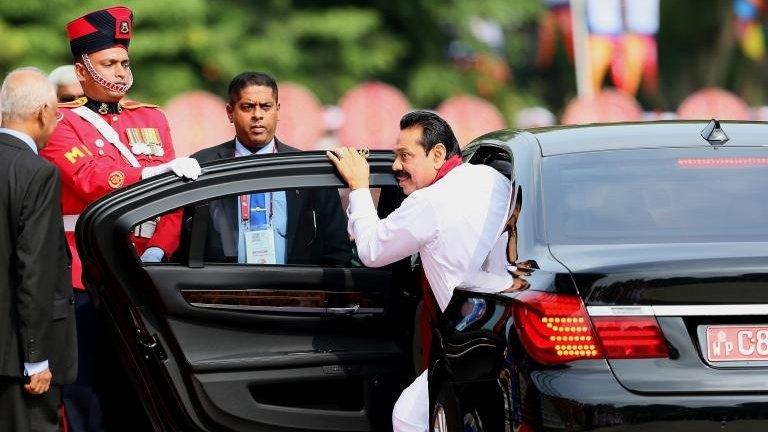
- Published14 November 2013
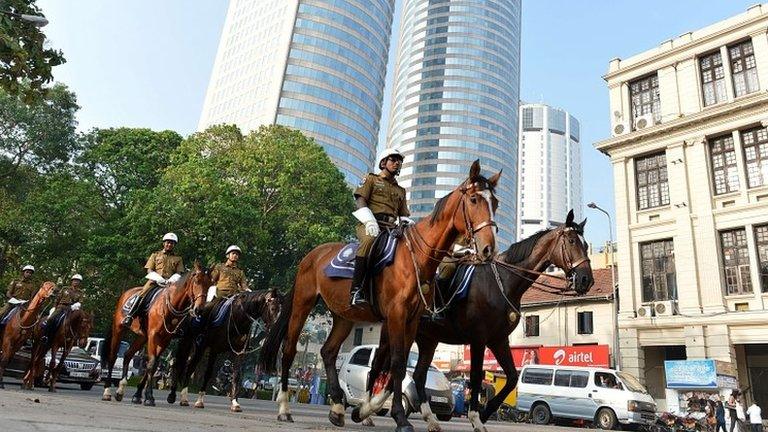
- Published14 November 2013
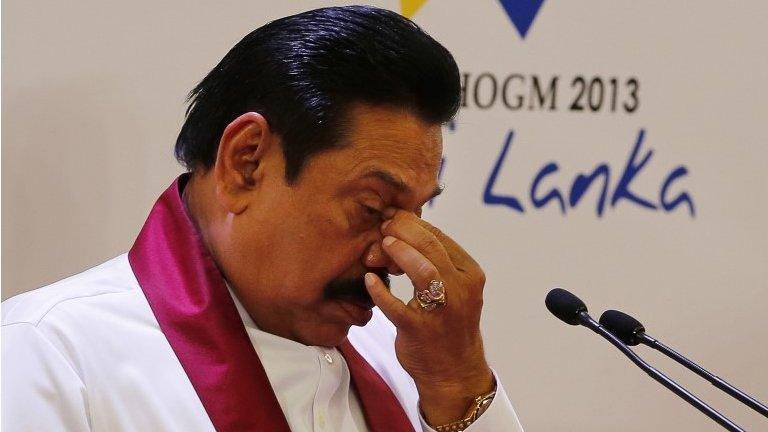
- Published14 November 2013
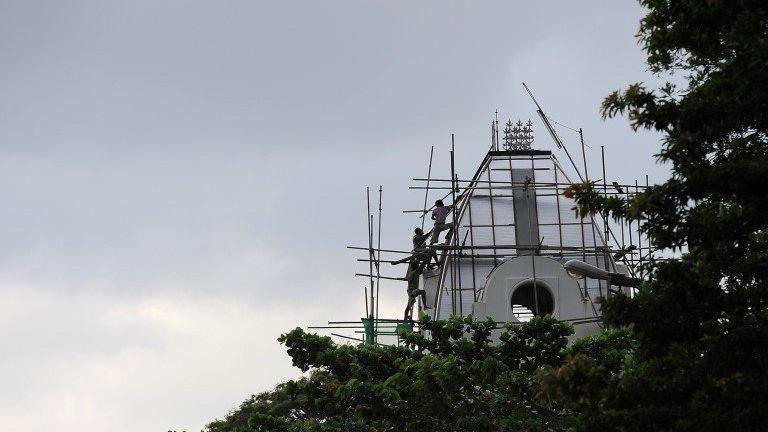
- Published14 November 2013
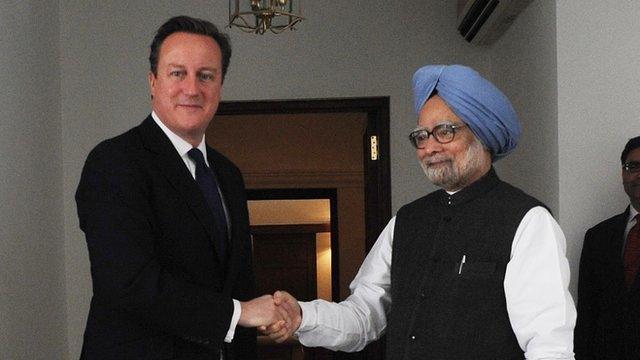
- Published13 November 2013
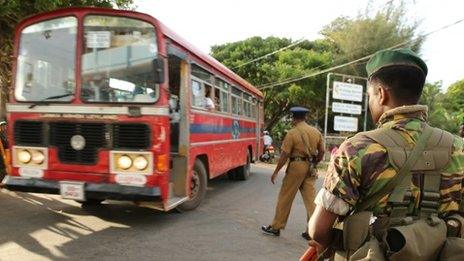
- Published10 November 2013
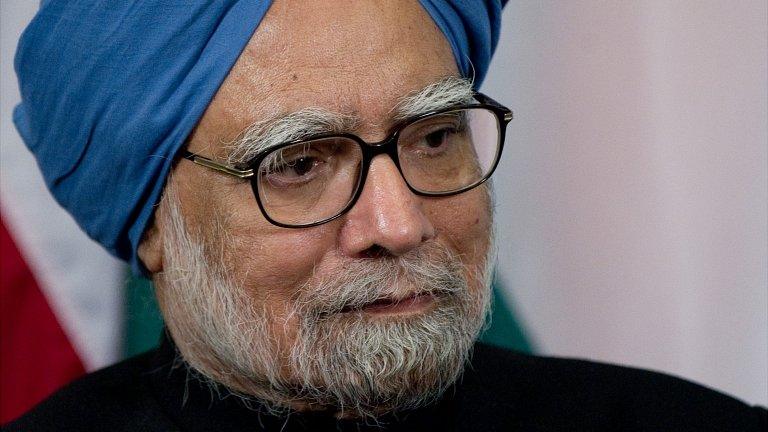
- Published18 November 2019